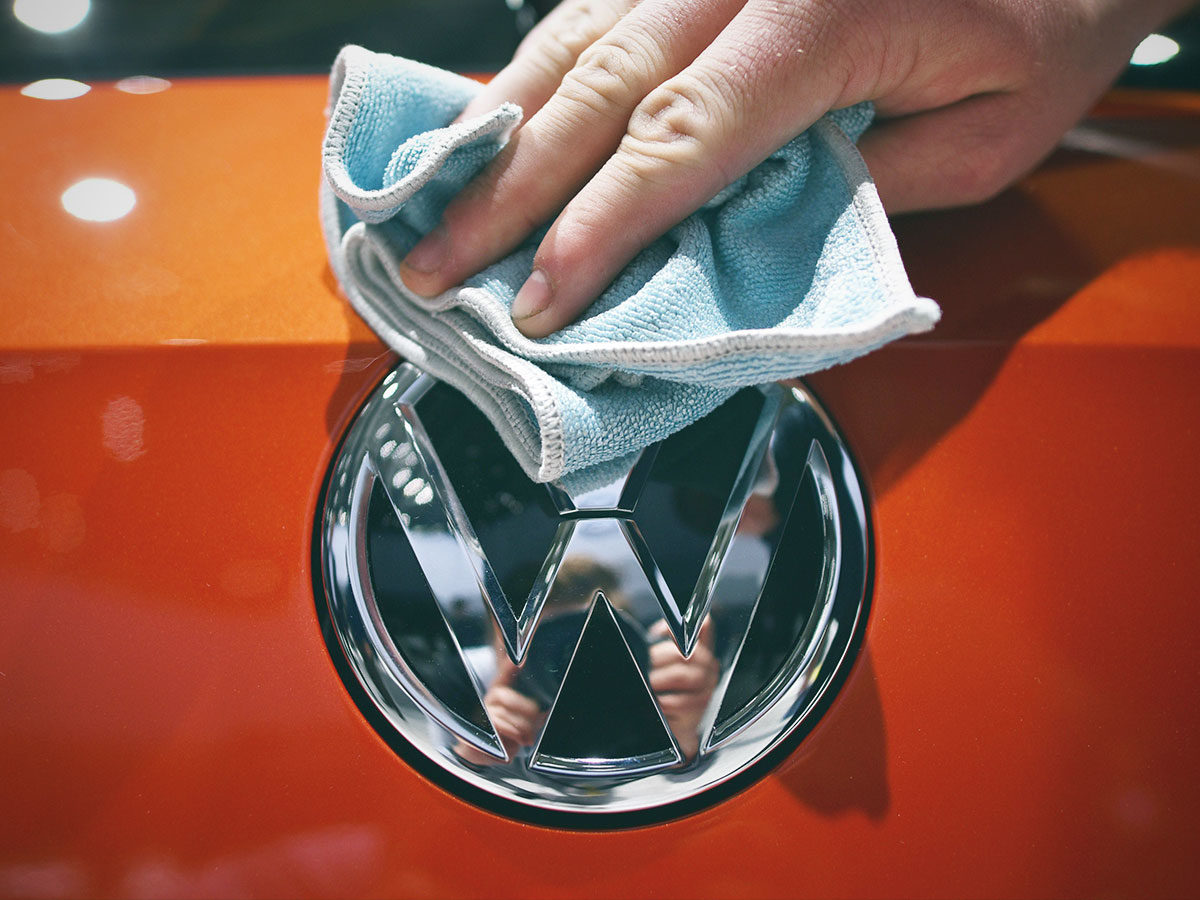Posted On September 24, 2015
This week Volkswagen admitted to tampering with the emissions systems on 11 million diesel vehicles worldwide. This deception helped VW pass emissions tests despite their vehicles emitting 40 times the legal limit for certain smog-causing pollutants. Their CEO just resigned, they lost $15 billion in market value, and their board admits that criminal prosecutions are likely.
What’s more, consumers who bought VW’s (self-proclaimed) “clean diesel” engines are now left to wonder if VW’s fix will result in less power, lower fuel economy, lower resell value, and even the potential of losing trunk space for emission-cleaning equipment. You can already see the queue of class-action lawyers lining up across the globe.
Meanwhile, marketers (and people who love Super Bowl ads with kids dressed as Darth Vader) are probably wondering about the future of the seemingly untouchable Volkswagen brand. LRW’s “Brands as Stereotypes®” paradigm can help answer this question. When we think about the VW brand as a stereotype, we see some positives for VW and some negatives.
On the positive side…
- Brand Stereotypes® for VW are the culmination of decades of interactions and are naturally resistant to short-term change (here’s a great example of this.) Our brains are hesitant to change the stereotype of VW because the stereotype has served us well in the past and is based on hundreds of interactions. Said another way, one negative interaction, even a serious one, is unlikely to outweigh all of those previous positive interactions.
- Even if aspects of your Brand Stereotype® for VW changes, it may not change your car buying behavior. A brand stereotype for auto manufacturers may include many different aspects and associations, like safe, fun, reliable, and eco-friendly. While Dieselgate may diminish consumers’ views of VW as an eco-friendly brand, it may not impact other things like safe, fun, and reliable. If eco-friendly isn’t a primary motivation for a consumer, they may still consider VW.
- Many of VW’s loyalists will deflect the bad press and continue in their support. Consumers can form strong attachments to their vehicles, essentially using the brands to help define their identity (e.g., the rugged truck owner, the sophisticated luxury car driver, etc.) When a brand forms part of your identity you naturally defend that brand when it is attacked (see supporters of politicians, fans of New England football, etc.) It’s too painful to cut ties completely, so we find ways to deflect the criticism (e.g., it was a bad engineer, the CEO has left and the next one will fix things, etc.)
On the negative side…
- Violations of trust can rapidly change our Brand Stereotypes by encouraging our “slow thinking” system to reconsider the Brand Stereotype. We rely on our “fast thinking” brand associations unless we have a motivation to consider the associations rationally. If we no longer trust a brand then we are highly motivated to rationally evaluate our “fast thinking” response. Said another way, our gut may tell us that VW is reliable, but our “slow thinking” process may step in and ask, “How do I really know that?”
- Eco-friendly is a key part of many VW diesel buyers’ identities, and they may react strongly to avoid being associated with a “dirty” vehicle. Before Dieselgate, many VW diesel owners likely took pride in driving a diesel. It told everyone around them that being eco-friendly was important enough to them that they would seek out a diesel engine. Now, those same consumers are driving a car that not only fails to be better for the environment, it is likely to be much worse for the environment than its gas-powered sibling.
VW can likely survive this. No owners have died as a result of this deceit, and we have seen other auto makers rebound from bad decisions. VW is arguably too big to fail. However, VW’s reaction in the coming weeks will play a huge role in determining how this deceit impacts consumers’ brand stereotypes.


Au prix supplementaire et au cout d’entretien onereux ca vaut vraiment pas la peine d’acheter un diesel la carrosserie. d’un volks est biodegradable et ca mourir avant le moteur
Your comments
A thoughtful, balanced assessment.
I was wondering how long it would take some bellend to come up with “something-gate” to label this controversy
Nothing safe about a vw if it’s poisoning us now or yesterday ALSO lets now talk about MPG.
I would thank VW for trying to give the consumer the most efficient vehicle possible.Keep up the good work VW!